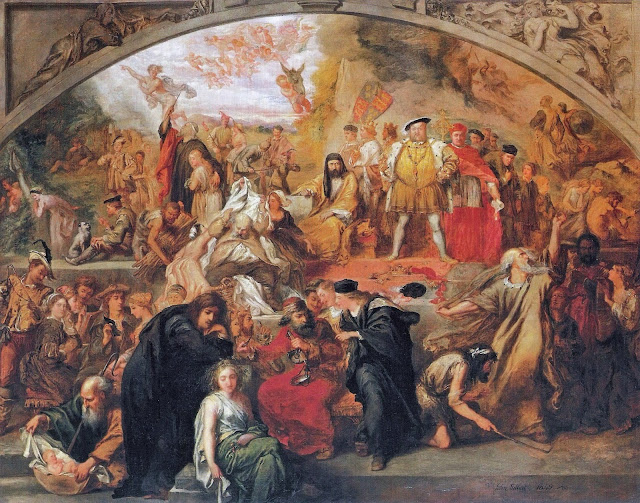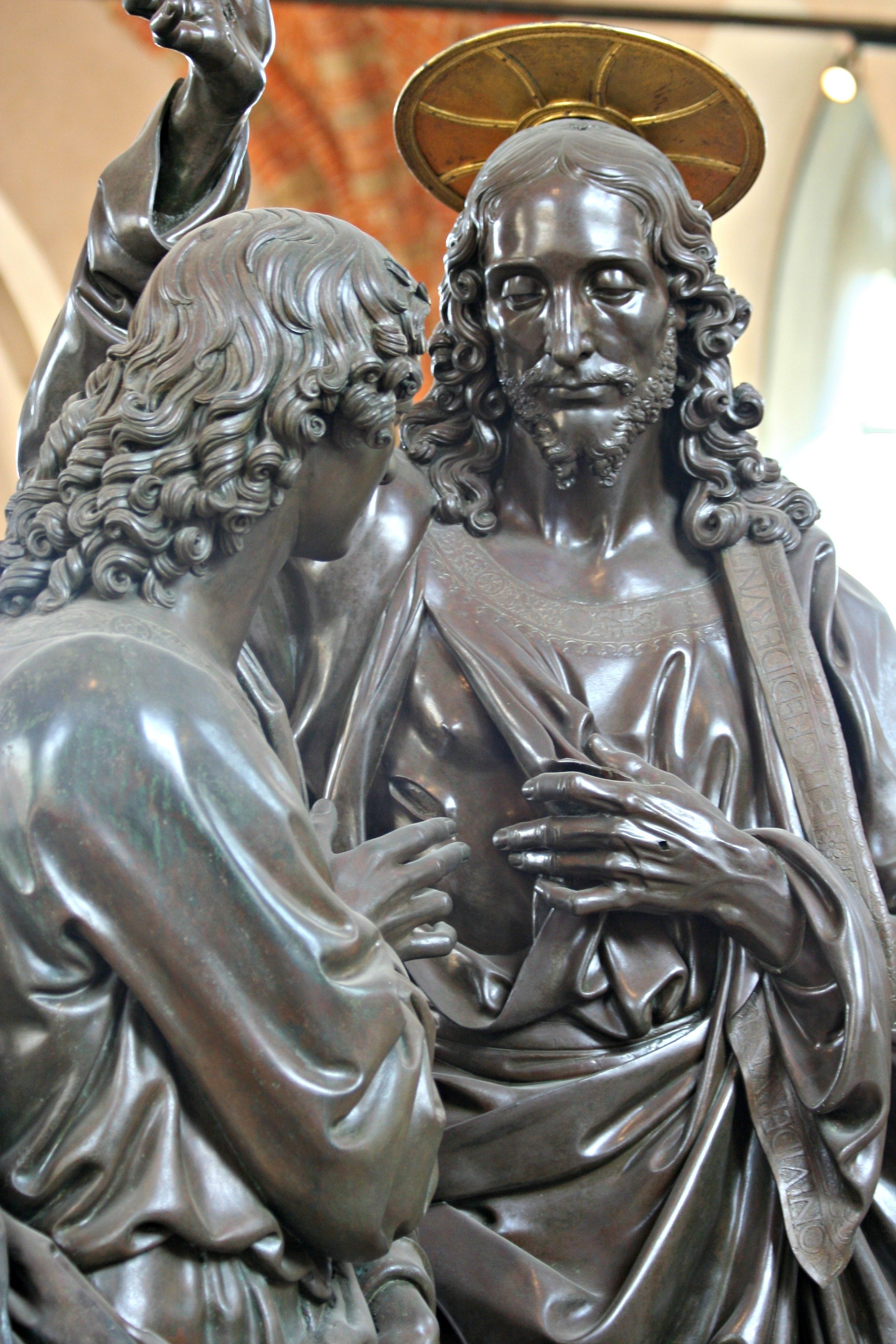Update: after many hours of detention by the Police, the priests were set free. But they can still undergo a full criminal procedure, depending on what the courts decide.
The parish of St-Eugène-Ste-Cécile is the greatest jewel of the Paris archdiocese. There are churches that are grander, more historic, more beautiful than this building, a wrought-iron lattice marvel from the industrial age and an example that 19th-century architecture could build beautiful churches in record time.
But it is the greatest jewel not because of the building, but because of what goes on inside it: for decades now, it has been the most lively parish* in the city, due to its promotion of the Traditional Latin Mass. Its group of musicians, the Schola Sainte-Cécile, is responsible for some of the best sacred Music in Europe today. The parish celebrations can be seen freely at their Youtube channel.
Last Saturday evening, on the celebration of the Easter Vigil, the parish once again put on the most dignified liturgy possible. It was also an occasion of additional joy due to the adults baptized into the faith in this most solemn of all Vigils.
Alas, the anonymous brother of one of the newly baptized was "horrified" with what he saw. Some kind of sacrilege? Blasphemy? No, there was nothing against the Catholic faith, but there was what he thought were sins against the Covidist faith: the priest and his servers in the sanctuary were maskless. And, worse, people who went to take Communion received it maskless and, l'horreur, on the tongue!...
Those anti-Catholic "accusations" were published by the daily Le Parisien, and then led to two procedures against the pastor of the church, Father Marc Guelfucci, and one of his vicars, Father Gabriel Godziski: one of them criminal (some kind of "crime" against "public health"); and, since honor is not his forte, the archbishop of Paris, Michel Aupetit (petit both in name and in dignity), decided to open today canonical proceedings against the pastor.
Now, this Thursday, the two priests were placed under "garde à vue" (a kind of administrative, not court-ordered, arrest typical of French law) and are now under arrest.




















